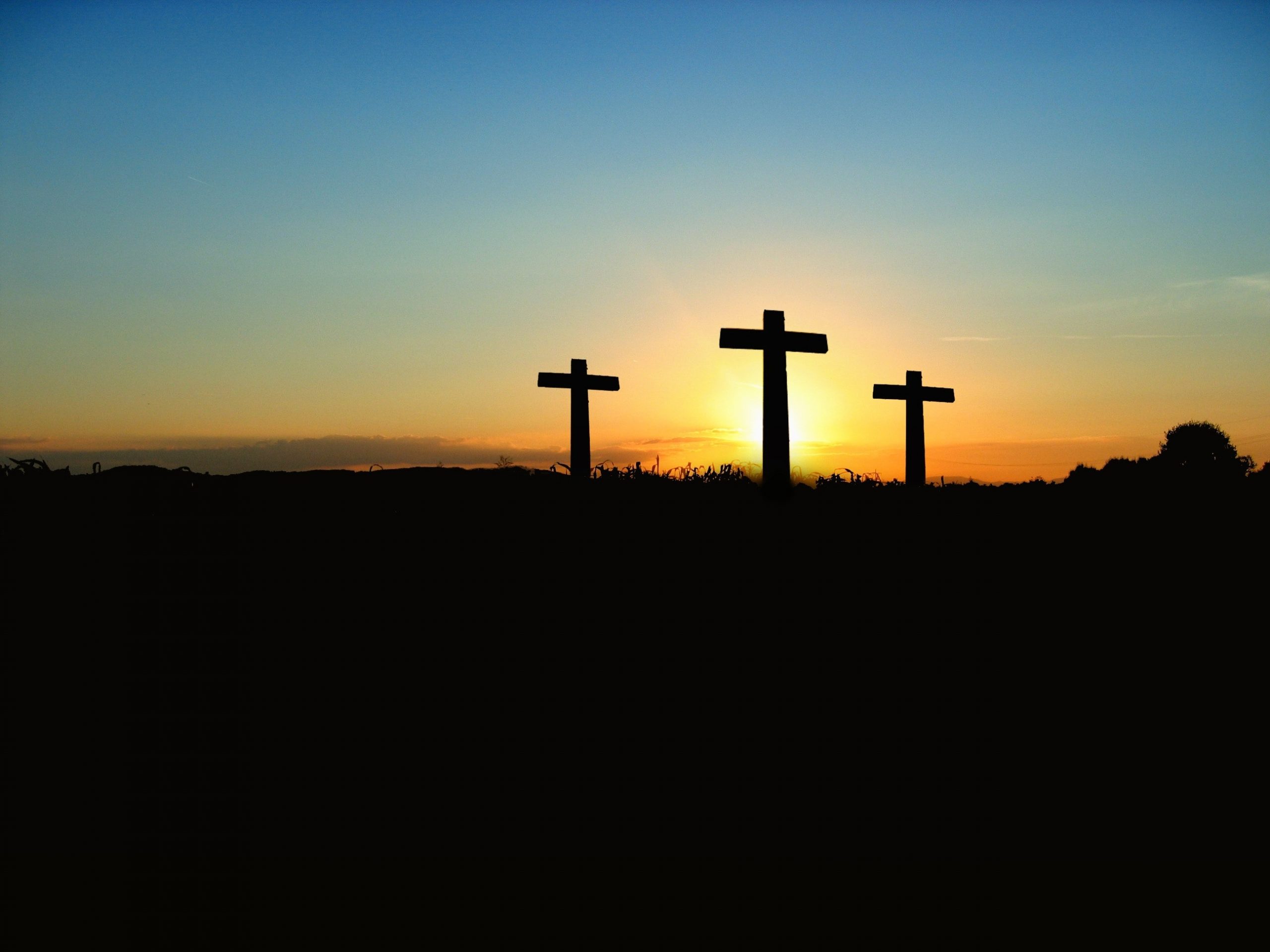If you have read any of the Gospels recently, you will notice that each of the Gospel writers tell the story of Jesus in a slightly different way. What I find fascinating is that none of them explain who Jesus is and what He came to do, in the same way that most of us would explain it today.
So over the next few weeks we’re going to explore each Gospel in order to gain a wider picture of God’s overall plan. My aim is not only to see Jesus more clearly, but also grasp hold of the authority we now have as those who live in Him and are called to demonstrate who He is, as we live our lives today.
Matthew and the story of Israel
Matthew begins his Gospel with a very uninteresting genealogy. However, in verse 17, Matthew distills this down to four distinct items. These form the basis for who Jesus is, according to Matthew.
Thus there were fourteen generations in all from Abraham to David, fourteen from David to the exile to Babylon, and fourteen from the exile to the Messiah.
Matthew 1:17 (NIV)
Abraham – David – the exile – Messiah. This is a really interesting and unexpected way to look at the story of Israel!
Abraham and the nations
Matthew begins his explanation with Abraham. Matthew’s aim is to show that Jesus fulfils everything God promised to Abraham. While Jesus’ initial mission is focused on Israel, God’s promises to Abraham go far beyond the nation of Israel. They include many nations, and Matthew includes this aspect too.
In fact, the first people Matthew mentions that want to visit Jesus when He is born, are foreigners (Matthew 2:1-12). Then, on completing His teaching of the Sermon on the Mount, it seems that Jesus is willing to go into a Gentile home (8:7), and He even has the audacity to say that Gentiles will be eating with the Patriarchs!
But what does all this mean for us? Even though, during His earthly ministry Jesus “was sent only to the lost sheep of Israel” (Matthew 15:24), Gentiles who showed faith and humility were included and even commended by Jesus. Salvation has always been, and always will be, by faith. Here’s how the Apostle Paul puts it:
In the same way, “Abraham believed God, and God counted him as righteous because of his faith.” The real children of Abraham, then, are those who put their faith in God. What’s more, the Scriptures looked forward to this time when God would make the Gentiles right in his sight because of their faith. God proclaimed this good news to Abraham long ago when he said, “All nations will be blessed through you.” So all who put their faith in Christ share the same blessing Abraham received because of his faith.
Galatians 3:6-9 (NLT)
This means that we not only share in the blessing of Abraham for ourselves, be we are also commissioned to spread the blessing of Abraham to others. The mission entrusted to us is the same one that was entrusted to Abraham and to Israel – to be a blessing to the nations. What an amazing thought!
David and the kingdom
Notice that Matthew begins his Gospel by stating that Jesus is “the Messiah, the Son of David, the son of Abraham.” Being the “Son of David” means that Jesus is of royal lineage, and is the fulfilment of everything that God promised to David (2 Samuel 7:12). Matthew mentions David, the shepherd-king and man after God’s own heart (Acts 13:22) more than any other Gospel.
David reigned as king of Israel for 40 years. As a young man he was a shepherd. It was while he was out in the field that he learnt to look after sheep and fight off invaders like lions and bears (1 Samuel 17:34-36). David was also a warrior and a kingdom-builder.
Matthew uses the word “kingdom” 52 times, to describe what Jesus has come to proclaim, far more than any other New Testament book. (The next closest is Luke with 41 times, then Mark 18 times.) I just wonder if we may have paid a little too much attention to the shepherd-king aspects of David’s personality, and not enough attention to the warrior, kingdom-builder aspects.
Jesus definitely took the offensive against sickness and disease. But He also took the offensive against the kingdom of darkness. For instance, it was when they were in Caesarea Philippi, where there was a cave called the Gates of Hades, that Jesus proclaimed that He would build His ekklesia (church), and the gates of Hades would not overcome it (Matthew 16:16-18). He then said to His disciples,
“I will give you the keys of the kingdom of heaven; whatever you bind on earth will be bound in heaven, and whatever you loose on earth will be loosed in heaven.”
Matthew 16:19 (NIV)
At the end of Matthew’s Gospel, Jesus states that he has ALL authority in heaven and on earth (Matthew 28:18). And then he says, “Therefore go and make disciples of all nations…”. Our mandate is based on Jesus’ kingship. Because He reigns, we reign.
Matthew highlights the “kingdom of heaven” all through his Gospel. And Jesus is the king of this kingdom. We need to pay attention to this aspect of who Jesus is.
According to Matthew
So who is Jesus, according to Matthew? He is the fulfilment of God’s promises to Abraham to bless the nations. He is the fulfilment of all God’s promises to David for a kingdom that will not end. He is Israel’s promised Messiah who brings freedom from the punishment of sin and release from exile. And He welcomes all who come to Him with humility and faith.
He has all authority as supreme king. And He passes that authority to us as those who follow Him. But in order to continue His kingdom mandate, we have to grasp what His kingdom is all about – and that’s primarily what Matthew wants to show us. So if you want to know more about the kingdom, read Matthew again for yourself! It’s a glorious portrayal of Jesus and the kingdom we belong to. This is the kingdom we are called to demonstrate here on earth now!





